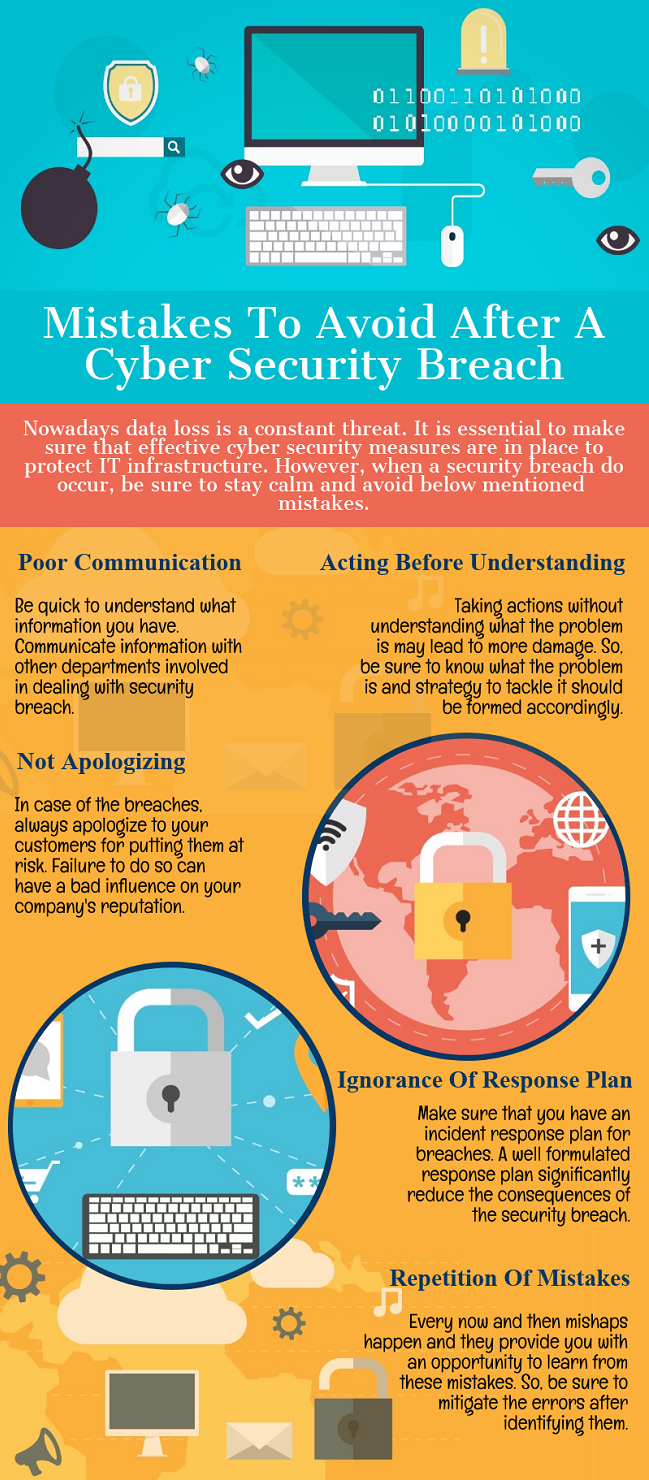You might have encountered pop-ups asking for permission to access certain details whenever you install an app on your mobile phone. We generally accept to grant access and that’s where we expose ourselves to cyber vulnerabilities & threats.
Permissions That Can Have Serious Repercussions –
- Location – All apps generally ask for permission to track your location. If you install an app that contains malware and if you give app permission to track your location, then cyber criminals can keep a check over your movement.
- Contacts – Some apps require you to allow them to gain access to your contact list. With this, you allow the app to see who all are in your “contact list” and what are their contact details. Apps can further use this information to market themselves. If hackers access this information, they can misuse the phone numbers, email ids of contacts known to you.
- Gallery – If you download an app that asks for permission to peek through your gallery, then ensure that it is from a trusted source. One needs to be wary of giving permissions to such apps as cyber-criminals can use your photographs or even ask for ransom to exploit you.
Here we have listed certain ways to stay safe while giving permissions to apps on your mobile phones –
- Read the app description thoroughly and make sure that you comprehend on each and everything before actually installing the app on your mobile phone.
- Make sure that you download the app from a trusted source. If you are not sure, send an email to the developer and ask them about reasons why they require permissions. Download the app only if you are satisfied with their answers.
- Check out whether the permissions asked by an app are required or not. For e.g. if you download an app that monitors your eating habits and it asks for permissions to access your gallery, then it is better to give it a miss because gallery has nothing to do with your eating regime.
- The best way to ensure about authenticity of an app is to read the reviews of other people who have downloaded it. Read them thoroughly to gain an insight of complains or positive feedback about the app.
- Manage your account permissions using permission manager apps. They help you manage the permissions and disallow them to gain access to other apps that contain your personal information like gallery, contacts etc.
- Keep your phone updated and install a good anti-virus.
- Do not download the app that asks for too many permissions than what are generally required.
It is extremely important to audit the app permissions every now and then to ensure that your personal and confidential information stays safe and private. For more information on IT Security, call Centex Technologies at (254) 213-4740.

